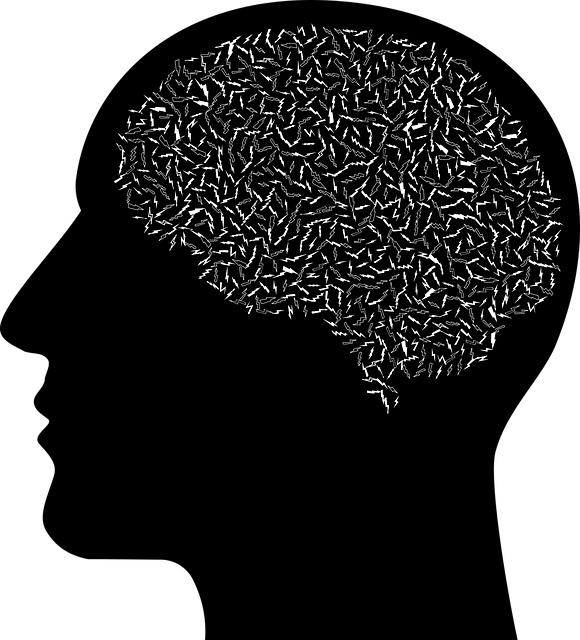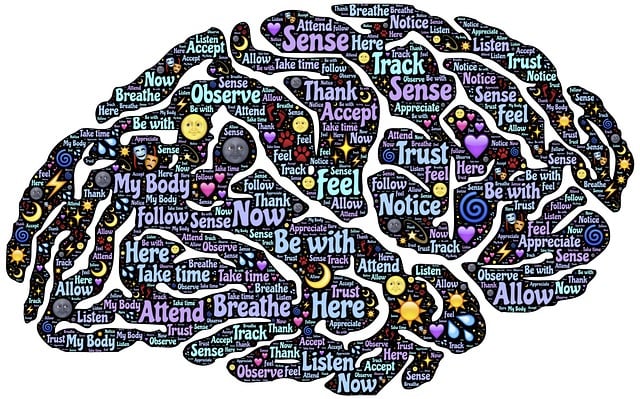Boulder Christian Counseling Therapy (BCCT) offers a unique, data-driven approach to mental health care. They combine traditional therapy with digital tools and practices like compassion cultivation and mindfulness meditation to gather comprehensive patient data. BCCT uses advanced analytics to identify trends and inform policy advocacy, while their Mental Wellness Podcast Series educates the community based on collected data. By integrating statistical methods, qualitative insights, and cultural competency training, BCCT personalizes treatments, empowers patients with coping strategies, and transforms lives through evidence-based practices.
Mental health data analysis is a crucial step in understanding client needs and optimizing treatment plans at practices like Boulder Christian Counseling Therapy. This article delves into the process of collecting, analyzing, and interpreting mental health data, exploring techniques that can enhance patient care. From understanding unique data collection methods to leveraging advanced analytics, we uncover how these strategies empower therapists in Boulder to make informed decisions, ultimately improving treatment outcomes.
- Understanding Mental Health Data Collection at Boulder Christian Counseling Therapy
- Techniques for Effective Analysis of Collected Mental Health Data
- Interpreting Data to Enhance Patient Care and Treatment Outcomes
Understanding Mental Health Data Collection at Boulder Christian Counseling Therapy

At Boulder Christian Counseling Therapy (BCCT), understanding mental health data collection is paramount to delivering effective care. BCCT leverages a multi-faceted approach, combining traditional therapeutic methods with innovative digital tools, to capture and analyze client data. This comprehensive strategy ensures that each patient’s unique needs are accurately assessed and addressed. Counselors employ structured interviews, self-reported surveys, and qualitative feedback mechanisms to gather insights into clients’ mental health status, treatment preferences, and progress over time.
One notable aspect of BCCT’s data collection process is its emphasis on compassion cultivation practices and mindfulness meditation. These techniques not only enhance the therapeutic experience but also provide valuable data points for tracking client improvements in areas like stress reduction, emotional regulation, and overall mental wellness. Additionally, BCCT produces a Mental Wellness Podcast Series that leverages collected data to inform listeners about various aspects of mental health, further enriching the community’s understanding and access to evidence-based practices.
Techniques for Effective Analysis of Collected Mental Health Data

The effective analysis of mental health data involves a combination of statistical methods, qualitative insights, and context-specific considerations. At Boulder Christian Counseling Therapy, we emphasize holistic data evaluation to ensure accurate interpretation. This includes employing advanced analytics tools to identify patterns within large datasets, allowing for comprehensive understanding of mental health trends within specific communities or demographics. By integrating these techniques with expert clinical judgment, healthcare providers can gain valuable insights into the effectiveness of interventions and services offered by practices like Boulder Christian Counseling Therapy.
Beyond statistical analysis, cultural competency training for healthcare providers plays a pivotal role in interpreting data accurately. Understanding the nuances of diverse populations and their unique mental health experiences enriches data interpretation, ensuring that strategies developed are culturally responsive and inclusive. This is particularly relevant when considering Mental Health Policy Analysis and Advocacy efforts, as well as Public Awareness Campaigns Development, where tailored, evidence-based approaches can lead to more impactful policy changes and community engagement.
Interpreting Data to Enhance Patient Care and Treatment Outcomes

At Boulder Christian Counseling Therapy, we believe that interpreting mental health data is a powerful tool to enhance patient care and improve treatment outcomes. By meticulously analyzing individual patient profiles, therapists can gain valuable insights into their clients’ psychological states and behaviors. This process involves reviewing various data points such as symptoms reported, treatment history, and progress notes. Through this in-depth analysis, therapists can identify patterns, assess the effectiveness of current interventions, and tailor treatments to address specific needs.
Using the data, our counselors design personalized Mental Health Education Programs that foster Inner Strength Development and implement Stress Reduction Methods. This proactive approach ensures patients not only manage their mental health effectively but also develop resilient coping strategies for life’s challenges. By interpreting data with care and compassion, Boulder Christian Counseling Therapy is committed to transforming lives and fostering well-being in our community.
Mental health data analysis is a powerful tool that, when applied correctly, can significantly improve patient care at practices like Boulder Christian Counseling Therapy. By understanding unique collection methods, employing effective analytical techniques, and interpreting results thoughtfully, mental health professionals can enhance treatment strategies and ultimately achieve better outcomes for their clients. This process ensures that counseling services are tailored to individual needs, fostering a more holistic and successful therapeutic journey.














